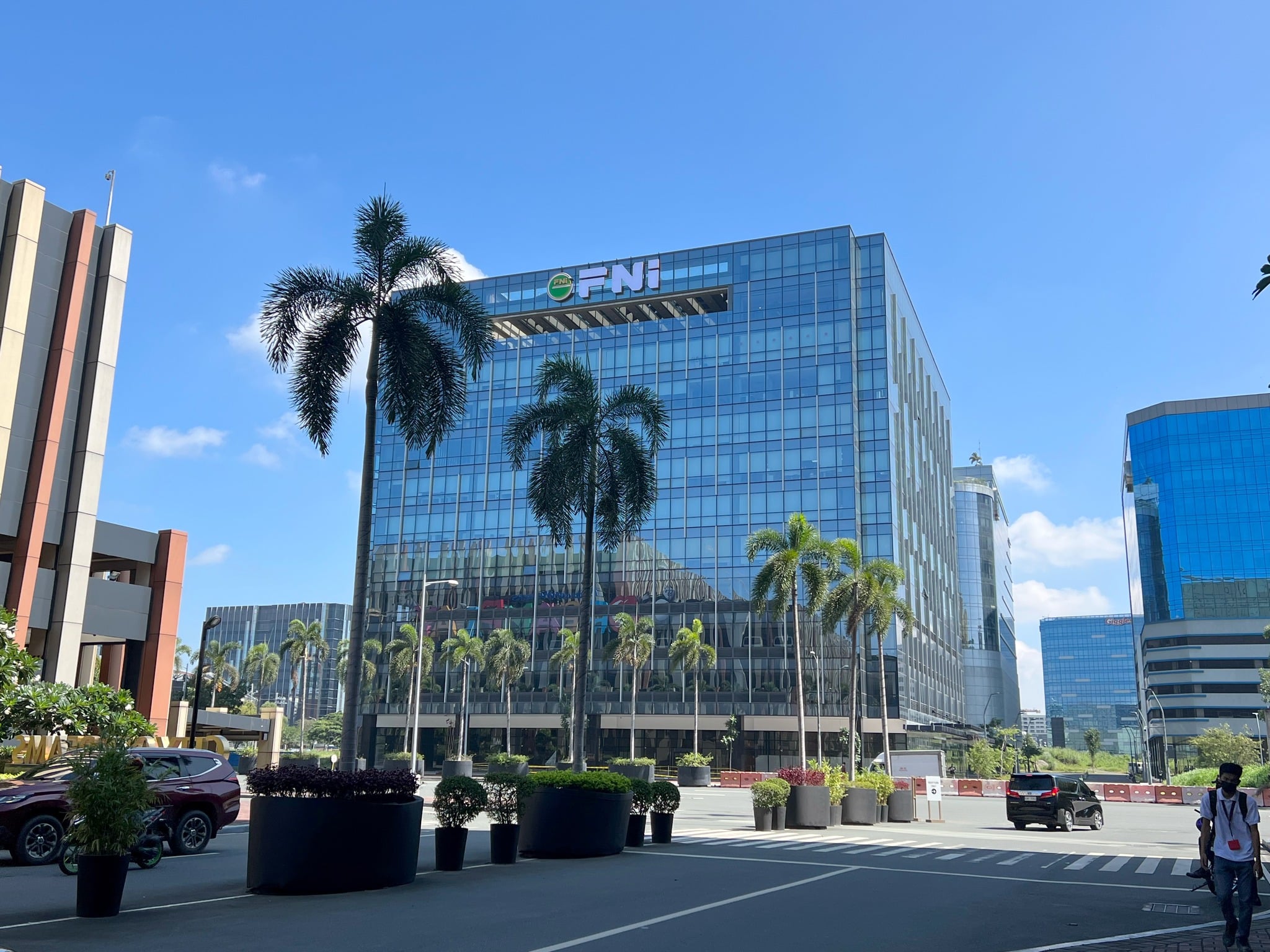Global Ferronickel’s H1 profit suffers from weak nickel prices

Global Ferronickel Holdings Inc. | PHOTO: Facebook page of Global Ferronickel Holdings Inc. (FNI)
Global Ferronickel Holdings Inc.’s bottom line plunged by 40.8 percent after the group took a blow from lower nickel ore prices in the first half.
In a disclosure Friday, the company said its net income attributable to equity holders of the parent company dropped to P207.1 million in the January to June period from P349.5 million a year ago.
Total revenues in the period also dipped to P3.07 billion from P3.11 billion in the first semester last year.
READ: Global Ferronickel clinches supply deal with Baosteel
Both its Palawan and Surigao mines booked double-digit growth in shipments at 1.076 million wet metric tons (WMT) and 1.033 million WMT, respectively.
Article continues after this advertisementAlthough the company recorded better mining operations, with total sales volume surging by 44.6 percent to 2.109 million WMT amid high production volumes, nickel ore prices dampened these improvements.
Article continues after this advertisement“Prices remained subdued due to supply surplus in the nickel ore and nickel pig iron markets,” the company said.
“The ongoing oversupply issues, mainly from Indonesia, impacted market conditions year over-year,” it said.
Global Ferronickel said the average realized nickel ore price was $25.35 per WMT, 33.9 percent lower than the first semester last year and also way below the three-year historical average of $32.25. Medium-grade ores also had an average price of $30.54 per WMT, down 40.5 percent, while low-grade ores sold at $17.98 per WMT, a decrease of 25.5 percent.
The cost of sales also climbed by 34.9 percent to P1.735 billion due to larger production and shipping volumes. Operating expenses, meanwhile, also jumped 16.1 percent at P1.068 billion.
“We finished the first half of the year with strong operational and cost performance,” FNI President Dante Bravo said.
“We delivered incremental improvements in our supply chain including equipment productivity and technology integration, which increased production flexibility and cost efficiency. This continued execution positions us to maximize performance in the second half of the year as well as meet our near-term priority of doubling our capacity in Palawan to 3 million WMT from 1.5 million WMT annually,” he added.